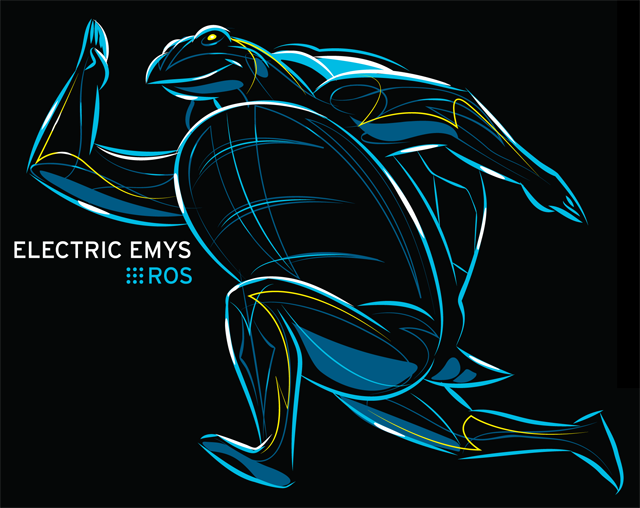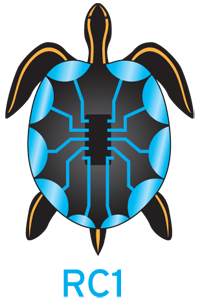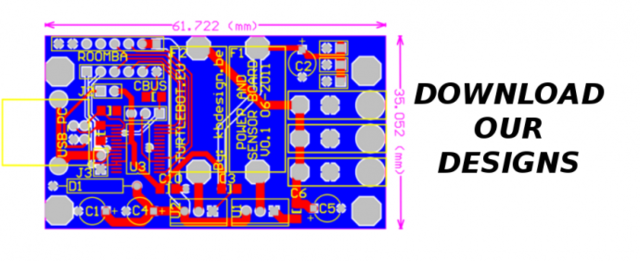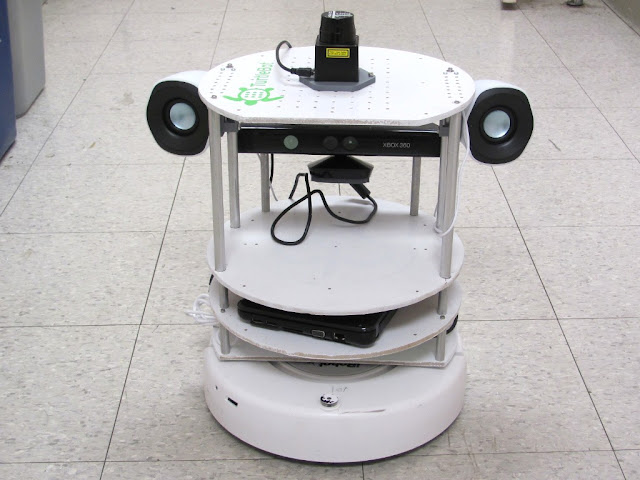
ROS Electric Emys is now officially available! This amped up, current release of ROS features new, stable libraries for arm navigation and point cloud processing. There is also improved support for Android, Arduino, Windows, ARM, and Python 3. Please see the release page for some of the cool new tools and libraries in Electric, such as "interactive markers" for creating custom GUIs in RViz.
Many thanks to the ROS community for making this release possible. In order to better recognize your contributions, we have started an authors and contributors list. The numerous libraries, features, and bug fixes that you have provided enable ROS to run faster, better and on more platforms. We also appreciate the many contributors on answers.ros.org who make using ROS a better experience for everyone.
Getting Electrified
Please see the ROS Electric Emys page for more information on what's new in Electric, how to migrate from Diamondback, and how to download the release.







 ROS Electric Release Candidate 1 is now available. Thanks to all of you who have participated in the ROS Electic Beta process. We have been able to fix numerous issues as well as bring many more stacks into compatibility with Electric.
ROS Electric Release Candidate 1 is now available. Thanks to all of you who have participated in the ROS Electic Beta process. We have been able to fix numerous issues as well as bring many more stacks into compatibility with Electric. 
